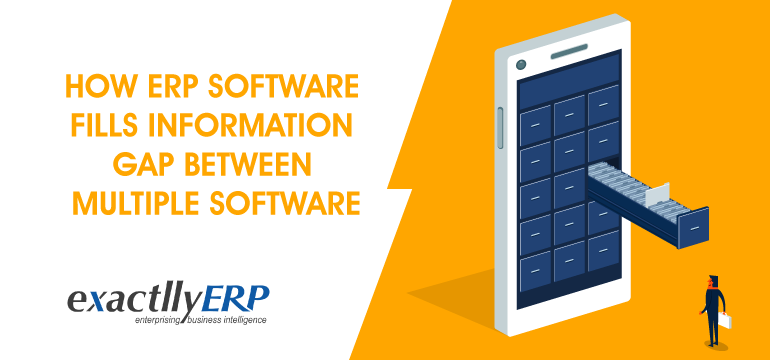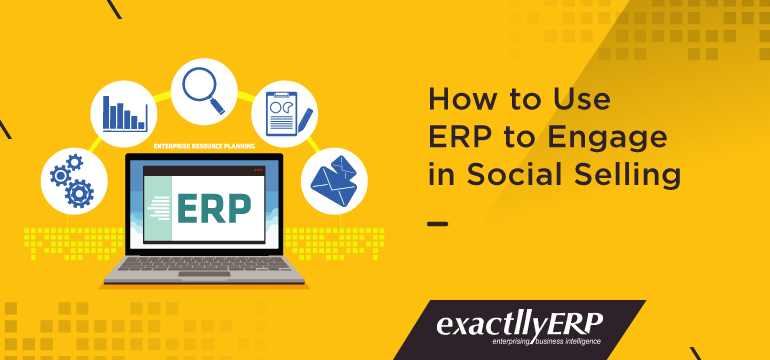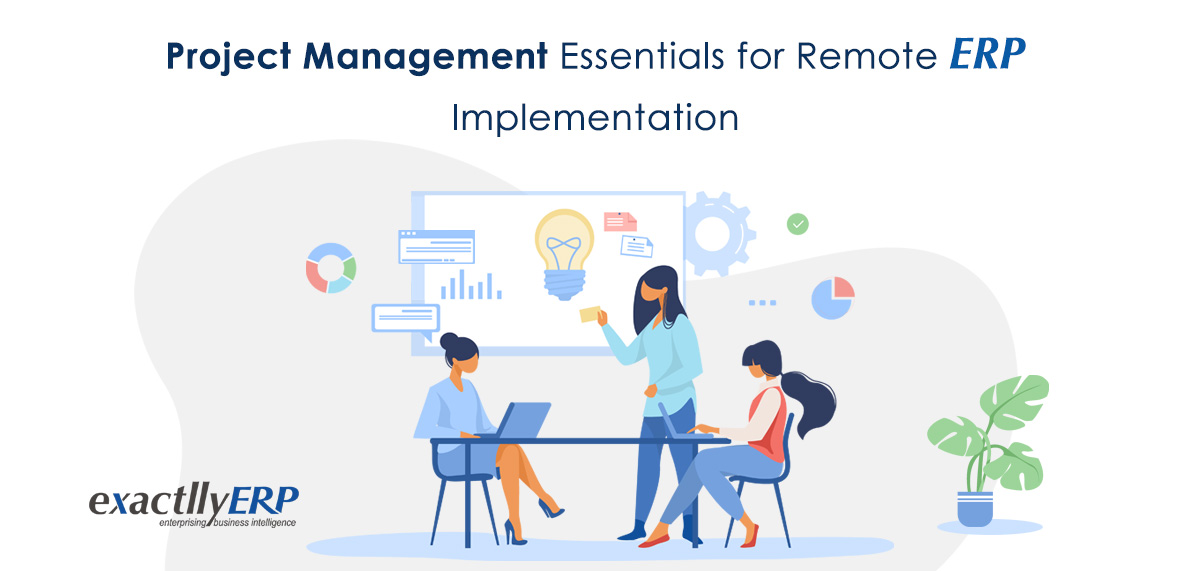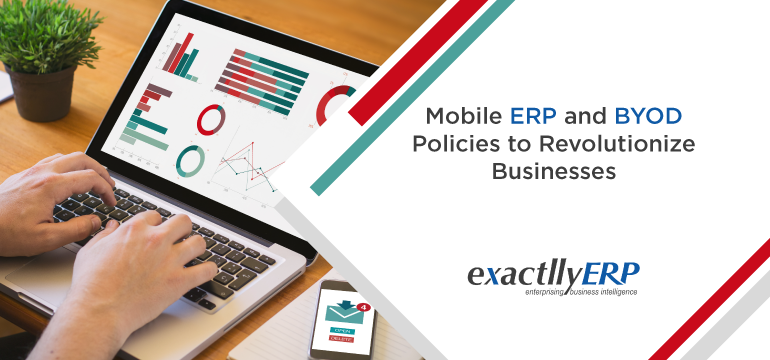How to Deploy Change Management in an ERP Implementation
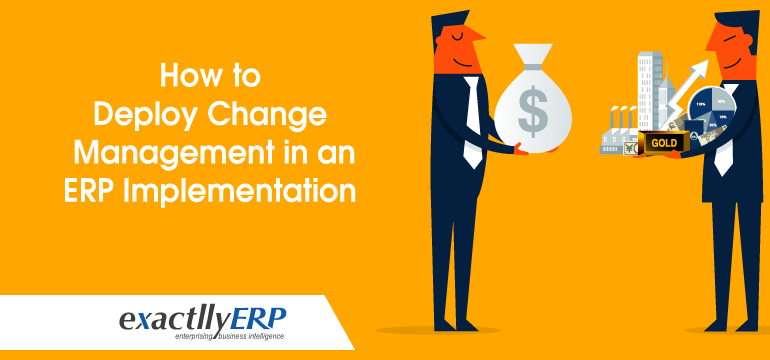
ERP implementation brings about a major change in the organization. As compared to traditional ways of functioning, ERP is a new age system to enhance integration through more inter-departmental connectivity in the organization. Many business owners fail to recognize the after-effects of implementation. A sudden change can hamper the usual operation thus leaving your customers high and dry. Effectively managing this change is the key to success.
How should you manage the change?
-
Decision-makers are aligned with the implementation team –
The ERP strategy is developed at the top level. There can be a huge gap between the expectation of decision-makers and possible implementation by the implementation team. There are many challenges faced while implementation. Both the decision-makers and the implementation team should work together arduously to iron out all glitches.
-
Organizational restructuring –
Before implementation is carried out, the management should clearly chart the plan for possible organization re-structuring required after implementation. ERP is a tool which automates majority of the tasks thereby negating manual labor for many redundant tasks. Identify and eliminate such tasks to save the cost of human resource. Figure out what jobs you need to keep and what you need to shunt. Clearly define new roles and responsibilities for your existing employees and if you need to hire specialists and experts for some new roles, plan it well in advance.
-
Develop a training strategy –
Assess the employee skill set on an individual basis. What is the level of ERP training among your existing employees? Are the majority of the employees completely new to the concept of ERP? If so, develop a training strategy to train all the employees who are likely to use ERP. While developing a training strategy, you must consider the number of employees to be trained, level of training required for different users, training centre (if in-house training is not a possibility), in-house training or hire a trainer, training course, training schedule, number of sessions, length of each session, frequency of training etc. What is the total cost and time spent on training? What is the extent of re-training during implementation and ongoing training after implementation? Plan carefully to get maximum results out of training.
-
Anticipate changes in employee morale –
The major issue what most organizations face while ERP implementation is employee resistance. Since there is a lot of confusion and anxiety among the employees pertaining to ERP, senior management must sense their pulse in time. Create awareness about ERP and educate your employees. Before you begin training, every employee should be convinced about possible benefits generated with ERP implementation so that they take their sessions seriously. Get all your employees on the same page by sharing your vision and mission. Tell them why you felt the need for ERP and how it will affect them. Make sure that nobody is left out of the implementation process.
-
Regular communication with the employees –
Implementation is carried out gradually to get people used to the system. Break all barriers of communication with your employees and seek their opinions and challenges faced during implementation. It will encourage employees to share their ideas and when employees are thoroughly involved, the results are much better.
Finally, recognize the change:
When senior management recognizes that there is going to be a significant effect on the organization with the implementation, they will align their mindset to deal with the change. An appropriate budget must be allocated to change management to avoid project failure. Money spent on change management is worth spending than losing the entire sum. All these steps above will help to deploy change management in an ERP implementation.
Feel free to Contact Us and get a Free Demo.

